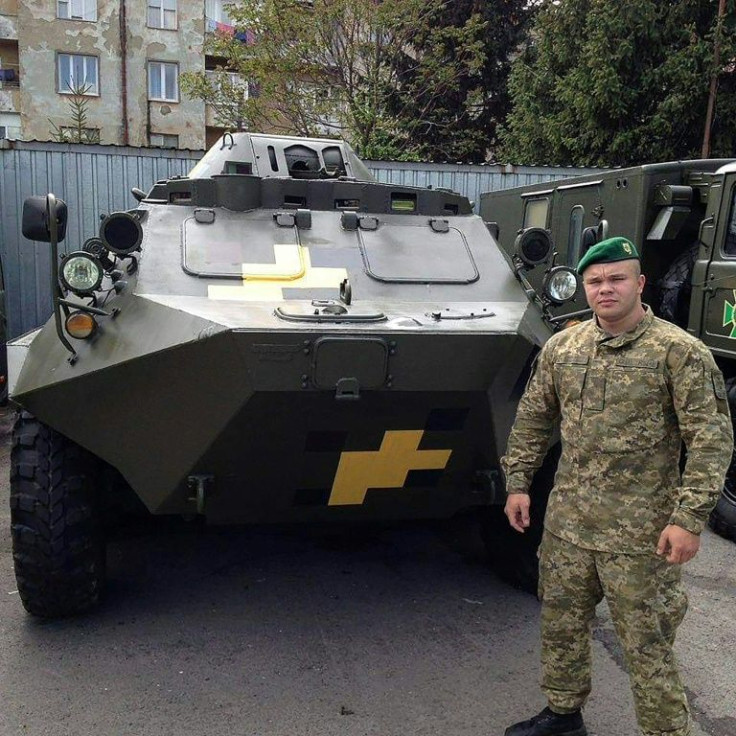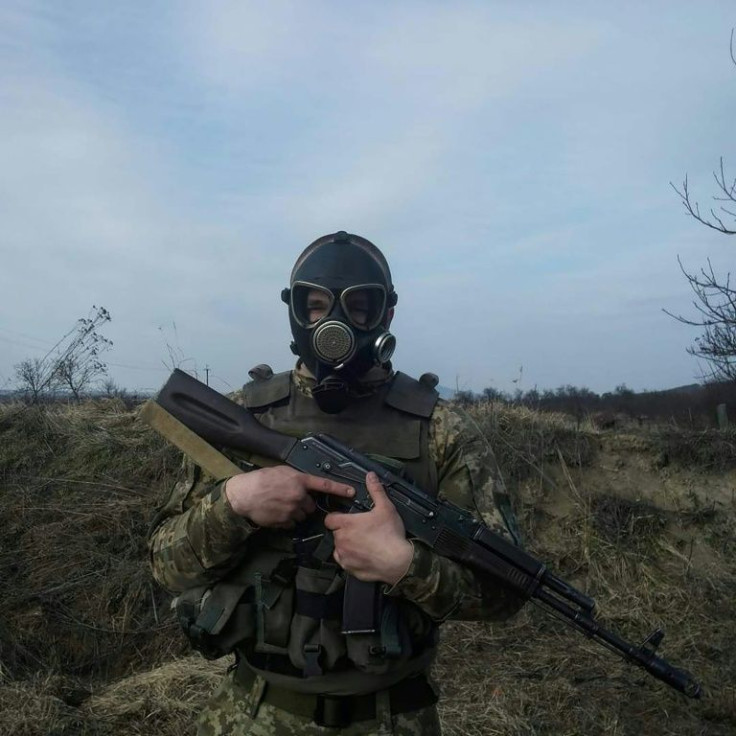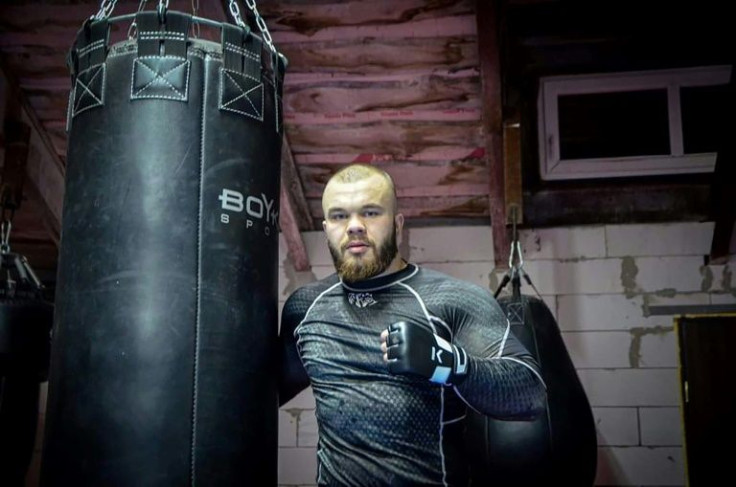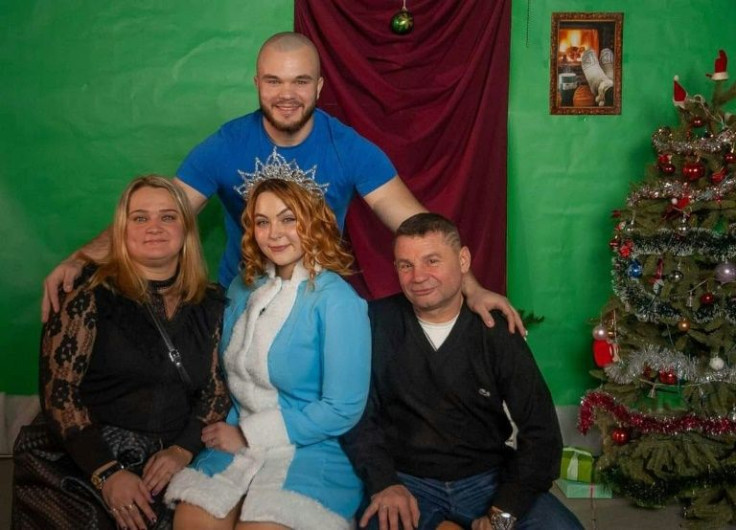'Better Dead Than Captured': Mother's Pain As Son Killed In Azovstal
For two-and-a-half months, Iryna Yegorchenko prayed for the safe return of her son Artem, one of the soldiers defending the besieged Azovstal steelworks in the devastated Ukrainian port city of Mariupol.
Battered by relentless Russian bombardment, the fate of the sprawling steelworks and the more than 1,000 fighters holed up inside, has gripped the global headlines.
But on Wednesday, Yegorchenko got the message: her 22-year-old son was dead.
Utterly devastated, she also felt some kind of relief -- that at least he would not be captured by the Russians. Nor would he suffer starvation or the agony of injuries that would be untreatable in such in hellish conditions.

"Suddenly I felt relieved. It is easier to know that your son is dead than to know that he is in captivity, that he is injured or starving," she told AFP in an interview by Viber from her home in Kyiv.
With all civilians now evacuated from the plant as part of a UN and Red Cross rescue mission, only fighters now remain inside the sprawling steelworks, sheltering in the labyrinth of Soviet-era bunkers and tunnels from the Russians who now control the city.
And many are wounded.
Artem, a burly young man who was a keen boxer, went into the steelworks in early March, spending 74 days inside, and his only communication with the outside world was through Telegram and Instagram.

"They were not allowed to call. Sometimes he only put '+' when I asked if he was alive," said Yegorchenko, a 43-year-old psychologist, who also has a 20-year-old daughter and two adopted children, aged nine and six.
Artem always told her he was fine, but was more honest with his friends, she realised.
"He wrote that their days were numbered, that they wouldn't get out of there," she said, her voice heavy.

He told them that his fellow soldiers were dying every single day and that Russian tanks were already inside the plant.
She last spoke to him on May 7, after which contact was cut, causing her to frantically reach out for any information about what had happened.
Then on May 11, she received the message: her son had been crushed to death by a falling concrete slab as part of the steelworks collapsed.
"At least he didn't suffer. Everything happened fast," she said.

"He quickly went to be with God."
For Yegorchenko, the worry now is for those soldiers left inside: the ones who are badly injured or who might end up in Russian captivity and die of torture.
Following weeks of bloody battles, soldiers from the Azov regiment and those marines who are stuck inside have been issuing desperate pleas for help on social media.
This week, marine commander Sergiy Volyna described conditions inside as "inhumane", saying "every minute costs another life".
He has appealed to the pope, world leaders and even reached out to Elon Musk, the world's richest man, pleading for "immediate" help -- his appeals echoed by desperate family members.
"My son is in hell in Azovstal," Yevgen Sukharikov, father of one of the Azov fighters, told a news conference on Thursday, warning that leaving them to die would end in "a massacre".
"Either we take risks (to save them), or the whole world will watch how they are killed there."
Deputy Prime Minister Iryna Vereshchuk said Thursday that Kyiv's appeals to Moscow for their evacuation had been turned down.
"They offer only surrender. As you know, our guys won't agree to lay down their arms," she said, indicating Kyiv would mount a special operation to save them, which would prioritise the evacuation of the seriously injured.
Mariupol and Azovstal in particular have become a symbol of Ukraine's unexpectedly fierce resistance since Russian troops invaded on February 24, and for Yegorchenko, the fact that her son died defending Ukraine is a source of huge pride.
"As a mum, I'm very proud. He lived a good life, he protected his people," she said.
"He has earned his place in paradise".
She has no idea when they will be able to retrieve his body from the steelworks where the brutal fighting rages on. But she also doesn't want to see her son in a coffin.
"It hurts me physically to think that he is no longer with us," she breathed.
"Of course, I would have very much liked to see what his future would have been like if this war hadn't started, how my grandchildren would have looked.
"As a mother, I have nothing to be ashamed of."
© Copyright AFP 2024. All rights reserved.




















